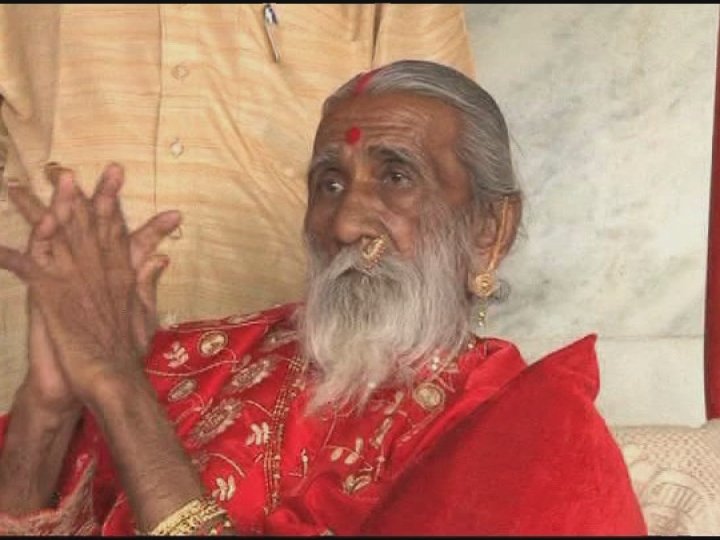Not the only source on the web on this topic, a short BBC News Magazine item titled “What’s the difference between being lonely and a loner?” Mentions the Loneliness Project report, based on a survey of UK residents, released by The Mental Health Foundation. In brief, the answers to the title question:
- Loneliness is not about being physically alone
- It’s about each individual’s evaluation of isolation
- A loner gets satisfaction from being alone, someone who is lonely doesn’t
Among other conclusions, the Mental Health Foundation report notes that:
- younger people (up to 60% of those surveyed aged 18-35) feel more lonely than older people (at 35%);
- technology has an isolating effect if not complemented by social networks;
- growing emphasis on work and productivity diminishing the importance of social life exacerbates loneliness;
- smaller family size contributes to more loneliness and depression.
URLs
BBC News article: http://news.bbc.co.uk/2/hi/uk_news/magazine/8703173.stm
Mental Health Foundation news release page: http://www.mentalhealth.org.uk/media/news-releases/news-releases-2010/25-may-2010/
MHF Loneliness Project with download links for the report: http://www.mentalhealth.org.uk/campaigns/loneliness-and-mental-health/


 Idaho hermit Richard Zimmerman, called “Dugout Dick,” recently passed away at 94. He is described in this article from the Idaho Statesman.
Idaho hermit Richard Zimmerman, called “Dugout Dick,” recently passed away at 94. He is described in this article from the Idaho Statesman.